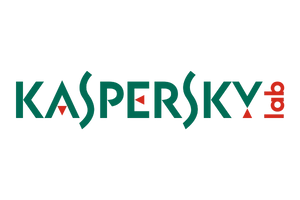Kaspersky Labs Limited is a leading global cybersecurity and digital privacy company, founded in 1997 and headquartered in the United Kingdom. The company has established itself as one of the world’s largest privately-owned cybersecurity firms, with a presence in nearly 200 countries and territories. Kaspersky’s mission is to protect businesses, critical infrastructure, governments, and consumers from emerging cyber threats and targeted attacks, leveraging deep threat intelligence and security expertise.
Since registering with the EU Transparency Register in January 2015, Kaspersky Labs Limited has actively engaged with European Union institutions to advocate for robust cybersecurity policies, digital privacy standards, and regulatory frameworks that support technological innovation while ensuring safety and resilience. The company’s lobbying activities focus on key legislative files such as the NIS Directive, Cybersecurity Strategy, Cybersecurity Act, Cyber Resilience Act, AI Act, DORA, Digital Single Market, e-evidence, ePrivacy, GDPR, and topics concerning gender-based violence and cyberviolence.
Kaspersky’s approach to EU advocacy is rooted in providing thought leadership through policy contributions, reports on the cybersecurity threat landscape, and the organization of online events such as the European Cyber Policy Forum. The company has also contributed to various EU-funded projects under the Horizon 2020 program, demonstrating its commitment to collaborative innovation and public-private partnership in cybersecurity.
The firm’s lobbying efforts are managed by a small team of Public Affairs and Government Relations managers, supported by technical specialists as required. Kaspersky Labs Limited has not declared any affiliated member organizations in the EU but has participated in expert groups and industry forums, such as the ENISA IoT Security Experts Group. Financially, the company’s declared annual lobbying expenditure has varied, with recent years indicating a spend in the range of €100,000–€250,000, supported by EU grants for specific research and innovation projects.
Kaspersky’s engagement with EU structures is characterized by transparency, with no evidence of privileged access or undisclosed lobbying activities. The company supports the ongoing evolution of the EU’s cybersecurity regulatory environment, advocating for clarity, efficiency, and international cooperation in policy development and implementation


